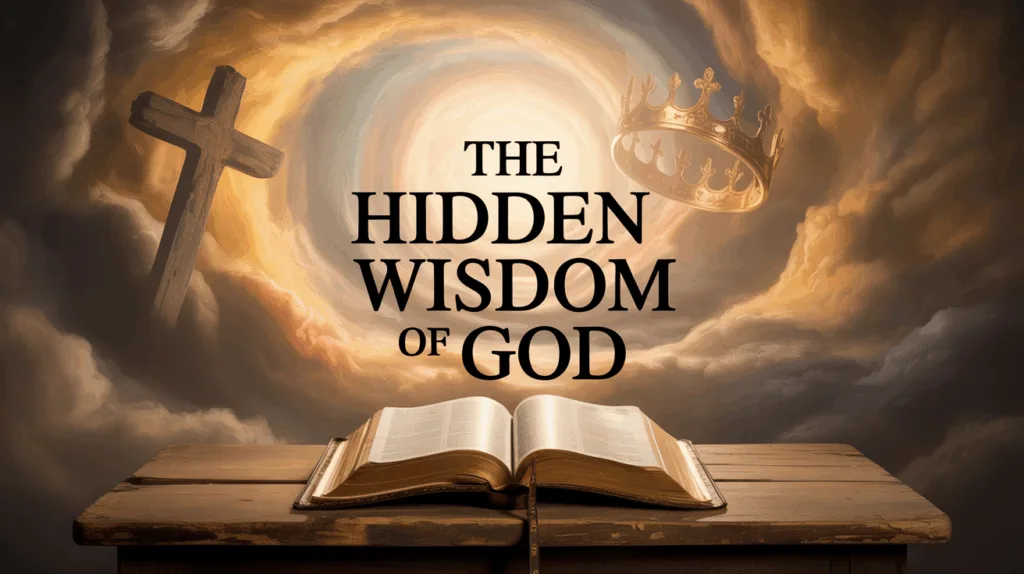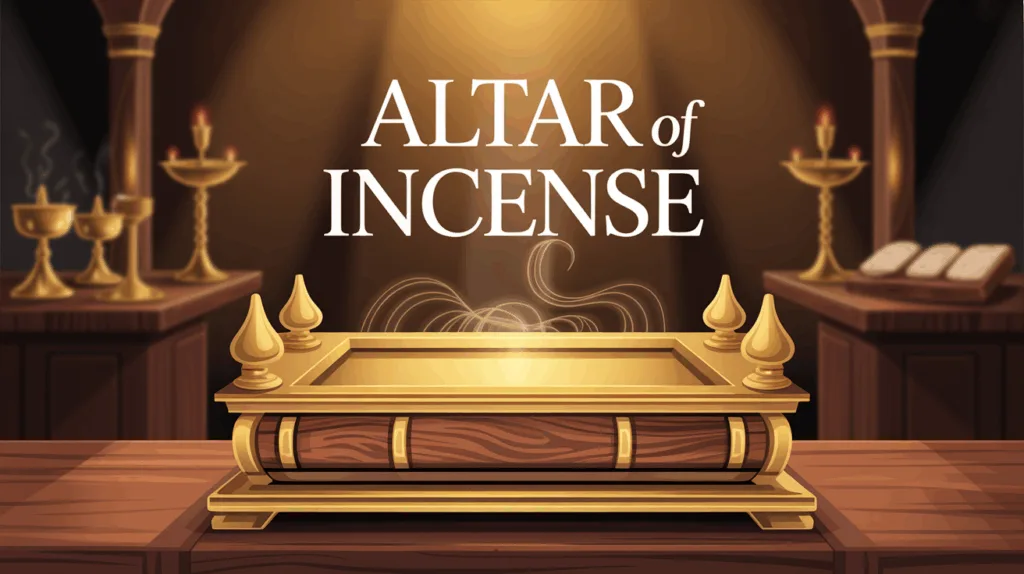A Complete Bible Study on the 144,000
Who are the 144,000 in the book of Revelation? Where do they come from, where do we see them, and what do they do? Are they the evangelists of the tribulation as many teach, or does Scripture say something different? In this study we will bring forward every verse...










